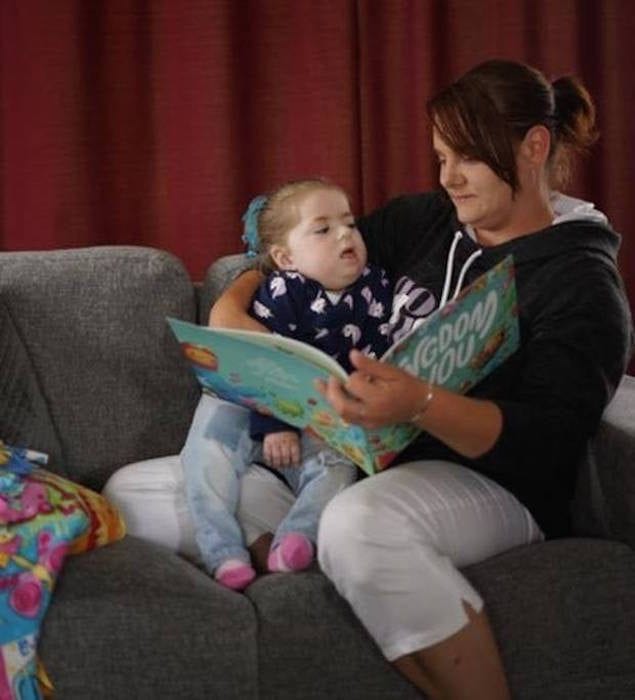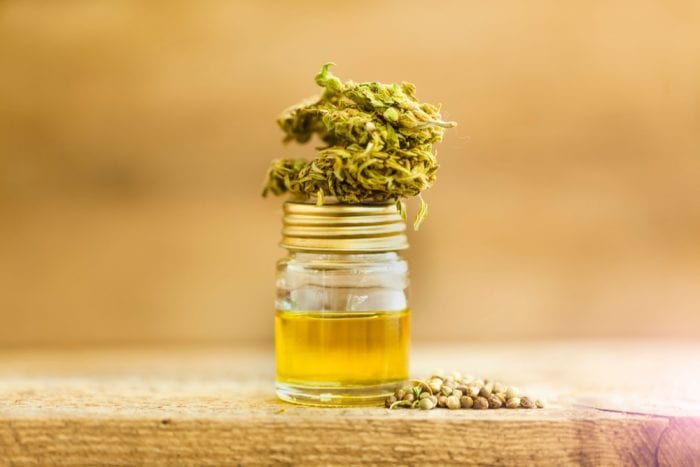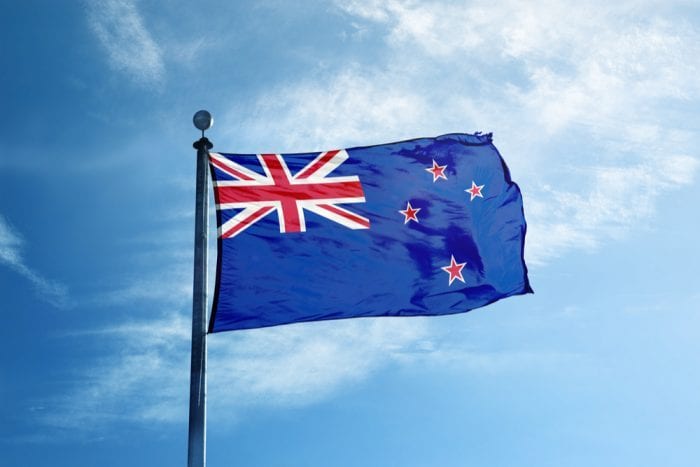Toddler’s life was a struggle of “mere existence” until her mom gave her cannabis.
Editor’s Note: Though age 4 is her life expectancy, Kiera is still alive and her mother is still giving her cannabis medication.
The world over, there are only three diagnosed cases of FUT8. Three year old Keira Mcmurdo is one of them.
Keira was born on 10 July 2015. She is unable to swallow or suckle, which has made her entirely dependent upon a feeding tube from birth. She spent several weeks in the neonatal unit after birth, before her transfer home to live under total nursing care. Even with constant care, the symptoms are difficult to manage. She suffers severe seizures and was later diagnosed with congenital glaucoma. Sadly, the diagnosis meant a series of surgeries and more hospital time for the little girl.
In March 2018 her doctor was finally able to put a name to Keira’s condition: FUT8 CDG. Just one month later a severe seizure attack sent her back in ICU for three weeks.
The seizures had reduced Keira’s life to a mere existence, until her mother, Sascha Abey, came across cannabis.

Via New Zealand Herald
Discovering Cannabis
Not much is known of FUT8 – even the name is yet to be confirmed. But it is among a number of Congenital Disorders of Glycosylation (CDG) which affects the metabolism of glycogen in the body. The presenting symptoms include intrauterine growth retardation, severe developmental delays, neurological impairments, and breathing complications.
At the height of its severity, Keira suffered up to 30 seizures a day. At nearly four years old, she is still unable to walk, talk, or swallow. Of course, Keira’s condition has been devastating for her whole family, presenting more challenges than any parent should have to face. Abey recounted to The Herald the harrowing experience as she watched her daughter seize for the first time: “Her little eyes turned blue and rolled back”.
Now, however, it’s been slightly over a month since Keira was put on 1.5ml of cannabidiol (CBD) through her feeding tube daily. To her parent’s relief, she has made tremendous improvement and her seizures are down to five a day. Her mother reports that Keira is now more jovial and engaging. Though CBD isn’t a curative treatment, the family is happy for any amount of relief.
CBD is a non-psychoactive phytocannabinoid compound found in cannabis. It has been shown to have numerous therapeutic properties, including combating epilepsy and seizures. Because CBD oil doesn’t contain the psychoactive component THC, Abey doesn’t need to worry about getting her child high.

FUT8 and Cannabis
Dr Collette Bromhead, the CEO of New Zealand Organization of rare diseases, explains that FUT8 makes it hard for the body to produce adequate amounts of glycogen. This causes developmental delays. And unfortunately, it is an especially difficult condition to diagnose – patients rarely live long enough.
Abey wanted to give her daughter the best treatment available. So when she heard about medical cannabis from a pediatrician, she went ahead to conduct her own research. Initially, she wasn’t sure if this was the right course to take. There isn’t much information on medicinal cannabis online, or even with physicians, and there’s still a strong stigma around cannabis as a treatment. The inaccessibility of the medicine also caused concern – if it was so effective, why was it not readily available?
But now she is glad that she gave cannabis a try. Dr Graham Gulbransen, an Auckland-based practitioner, has been of immense help in prescribing and dosing cannabis for Keira.
CBD Oil: A Growing Global Trend
Medicinal cannabis is legal in 33 American states, while recreational weed is legal in ten states. Patients must have a license under the compassionate care program in order to access medical cannabis and cannabis vendors also need a license. In New Zealand, however, cannabis legalization hasn’t had as much success but recent legislation shows this may be changing. In December 2018, legislation passed to legalize medical cannabis but it’ll be another year before patients have adequate access. Following this, a referendum on recreational cannabis is imminent.

Doctor Misinformation
Unfortunately, prohibition isn’t the only obstacle for a medical cannabis patient. Most doctors are not adequately informed about use of the plant. But that isn’t entirely their fault. Cannabis isn’t included as a viable treatment in their medical training – at least not on an in-depth level. Consequently, doctors simply don’t have the confidence to prescribe it.
Keira is not the only child to have benefitted from cannabis oil. Two children in the UK suffering from intractable seizures garnered unprecedented public support when their stories went viral. Alfie Dingley and Billy Caldwell suffer severe forms of epilepsy but have dramatically improved their conditions with cannabis oil. Their fight ended with triumph – medical cannabis is conditionally legal in the UK now. Following this, the FDA approved a pharma drug containing cannabidiol for the treatments of severe forms of epilepsy in children.
Fortunately for children like Keira, it looks like things are moving in the right direction. Now, we just need to understand this rare disease to cure her.





